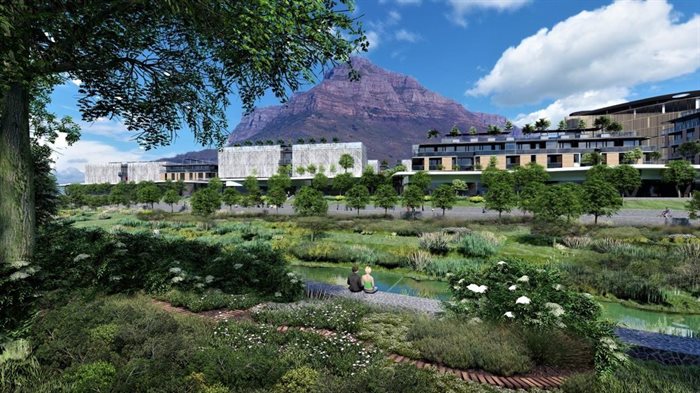"It is in the interests of justice that leave to appeal be granted, where a decision such as this is final in effect and in substance and where the harm which flows from it is serious, immediate, ongoing and irreparable. If the Order remains operable, 6,000 direct and 19,000 indirect jobs will be lost," said LLPT in its latest media statement.
Wendell Roelf and Alexander Winning 22 Mar 2022 'Significant socioeconomic and environmental benefits'
"The broader community will also lose the significant socioeconomic and environmental benefits which would have flowed, including the provision of developer-subsidised inclusionary housing (for those people that otherwise cannot afford to live in this suburb), major upgrades to surrounding roads and safe and accessible green parks and gardens that will be open to the public," it said.
LLPT cited, among other issues, what it deems the court's failure "to consider properly, or at all, the evidence that by interdicting the LLPT from carrying out any construction work, the LLPT and the wider community would suffer severe and irreversible harm out of all proportion to that which might be sustained by the applicants".
'Rights of indigenous peoples'
Judge Patricia Goliath granted the interdict eight months after construction began. She dismissed the argument that the development has substantial economic, infrastructural and public benefits, because “this matter ultimately concerns the rights of indigenous peoples” and economic benefits “can never override the fundamental rights of First Nations Peoples”.
However, she said her ruling should not be construed as a criticism of the development but that the core issue was that there needed to be proper consultation before it could go ahead.
The Observatory Civic Association and the Goringhaicona Khoi Khoin Indigenous Traditional Council have said that they plan to actively pursue the High Court review, demonstrating "why the decisions to permit the development were wrong".






























